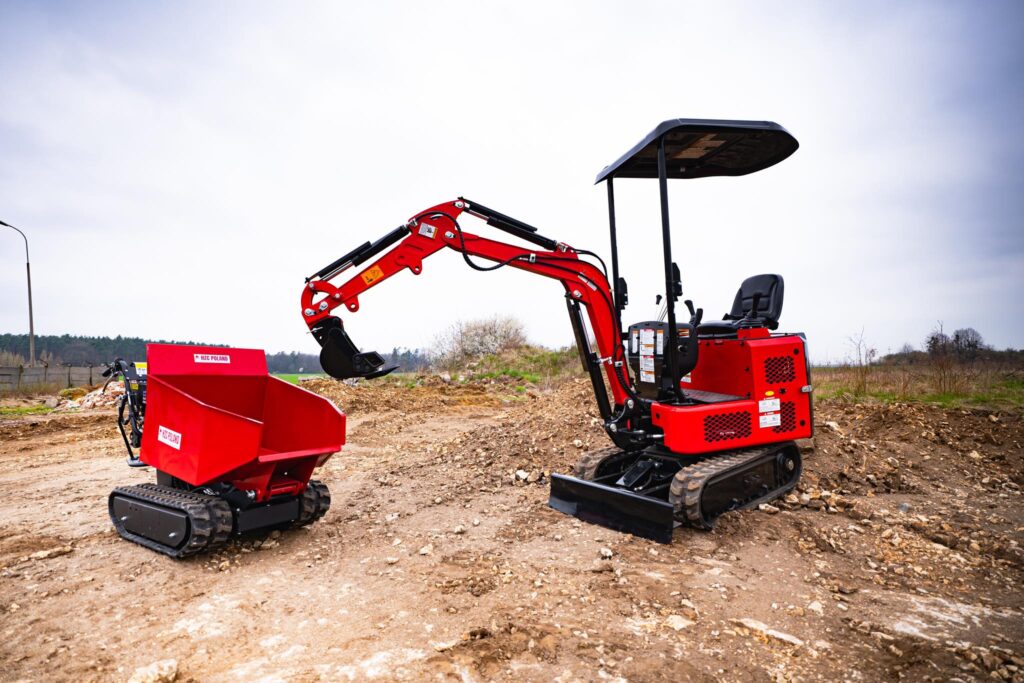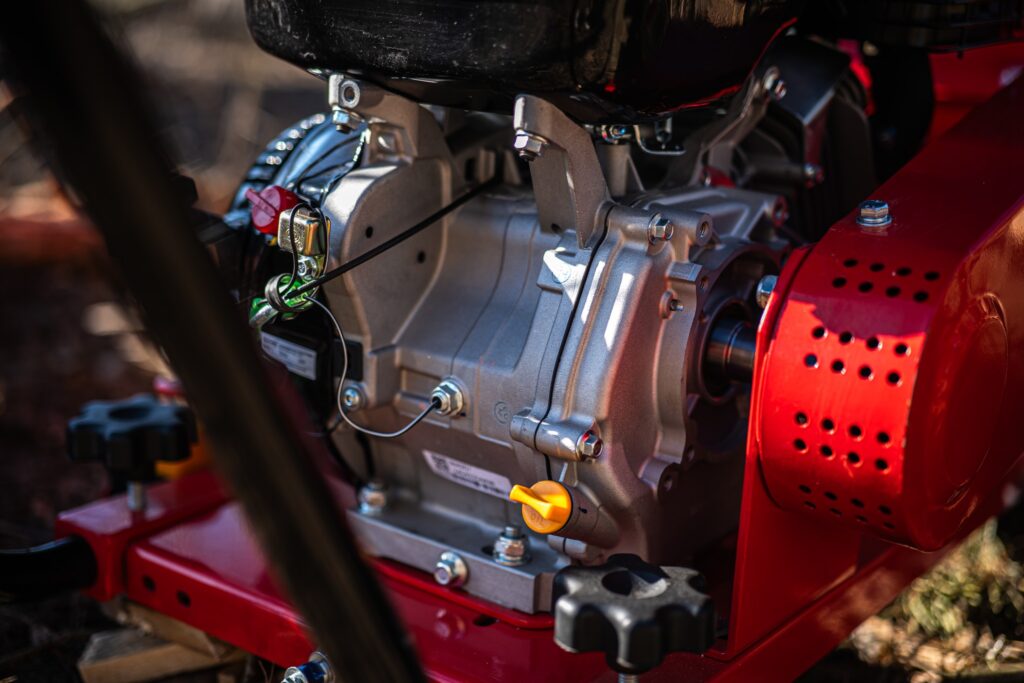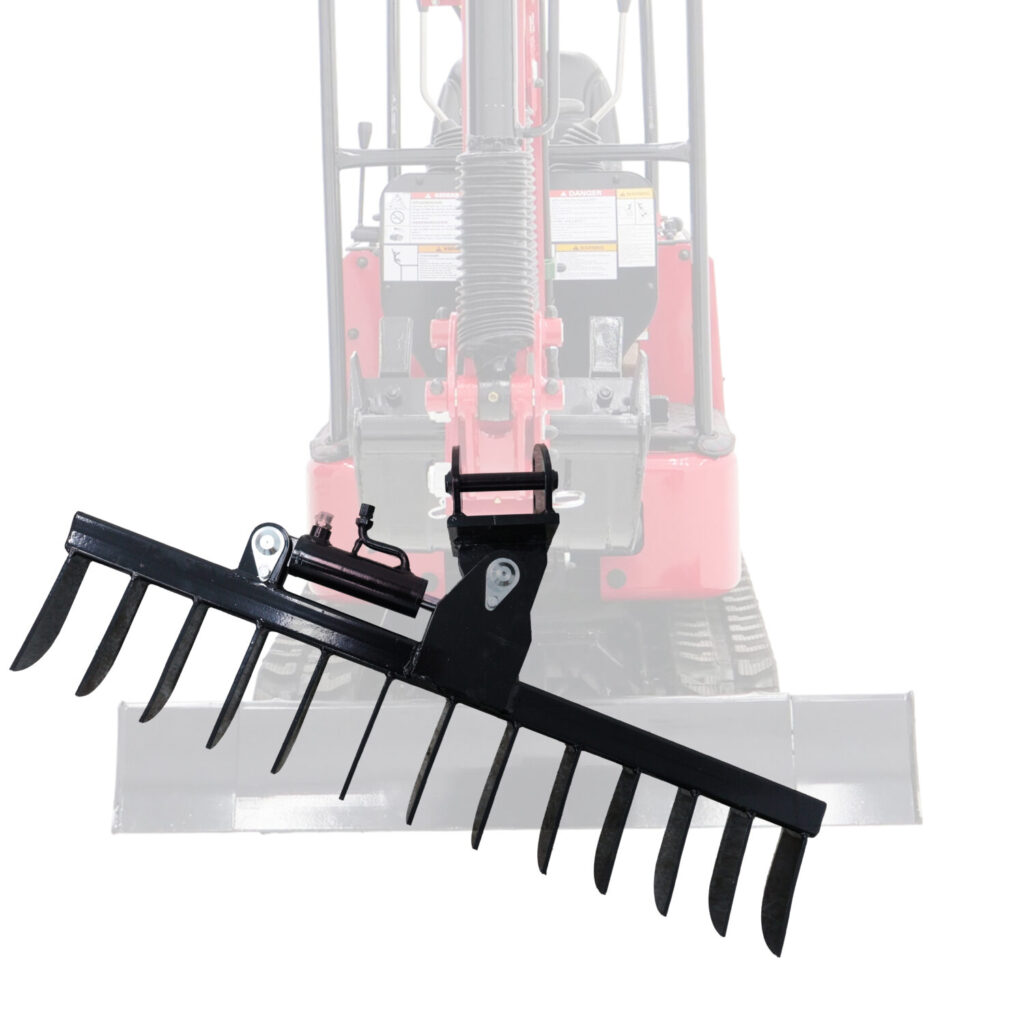When choosing a mini excavator, consider the attachments that can increase its versatility and help you tackle a wider range of tasks. Many mini excavators come with options for additional attachments, such as:
Buckets of various sizes: For different excavation tasks, from small trenching to large-scale digging.
Hydraulic hammers: Ideal for breaking concrete, rocks, or other hard materials during demolition or excavation work.
Augers (drill attachments): Useful for digging holes for fence posts, planting trees, or installing utilities.
Grapples: Great for handling logs, scrap, or other materials in logging or waste management tasks.
Dozer blades: Handy for leveling, grading, and spreading materials.
Investing in a range of attachments allows the mini excavator to take on different jobs, from digging and lifting to demolition and landscaping. This not only makes the machine more versatile but also provides greater value for your business, as it reduces the need to purchase additional specialized equipment.




